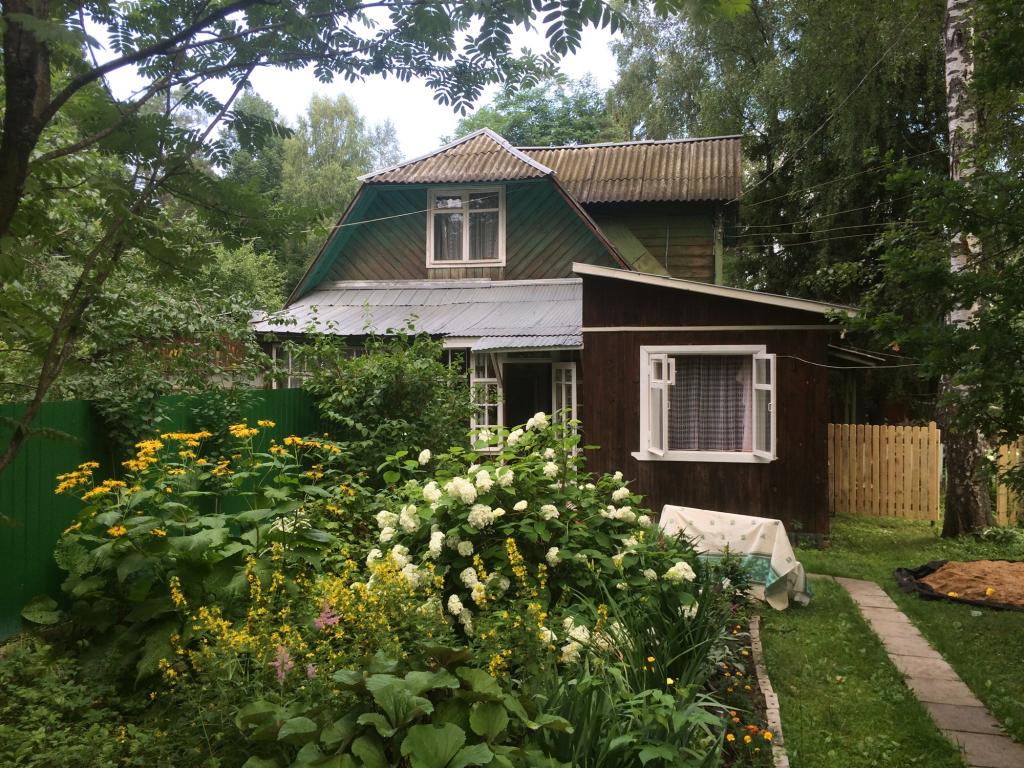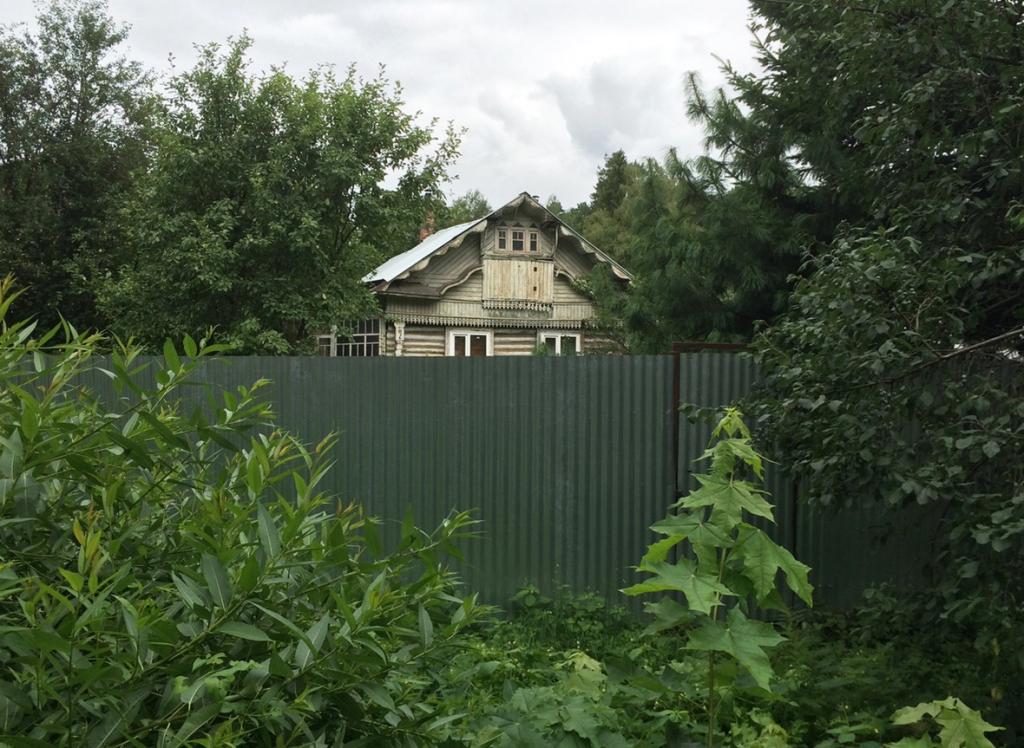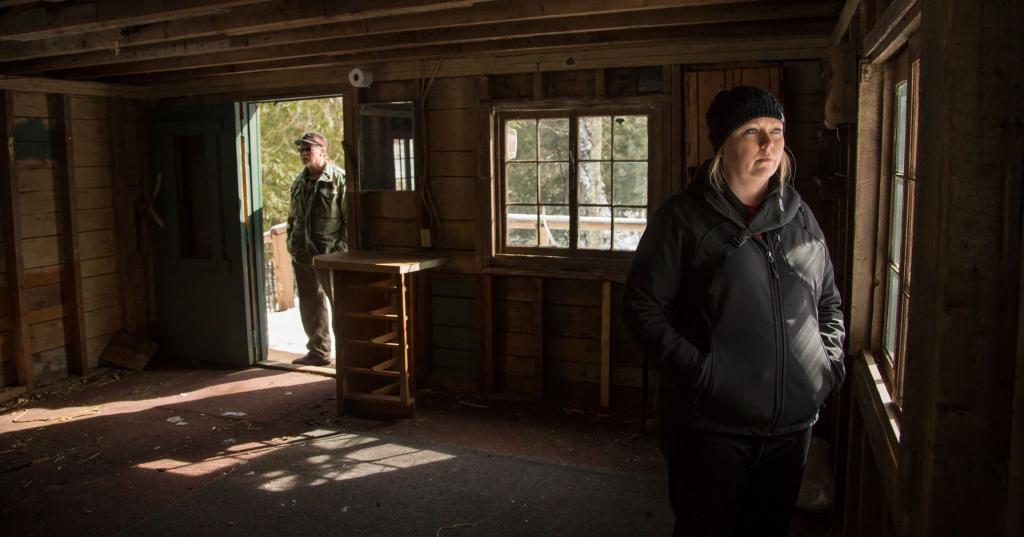Life inherited ownership of a land plot is one of the most common forms of law, which differs from ownership by a number of restrictions. The concept appeared in 1991, and later was transferred to the current Civil Code of the Russian Federation. The definition is specified in Art. 256 of the Civil Code of the Russian Federation.
Program concept
On this land allotment it is possible to build residential houses and outbuildings. The owner has the right to transfer land to the heirs. Use is carried out indefinitely. All this is the reason that the registration of the land in a lifetime inheritable possession is sufficient for citizens. Therefore, it is far from always necessary to claim ownership of the allotment.

Despite the fact that the right of ownership belongs to the state or the municipality, the owner can not only use the site, but also transfer it by inheritance. However, he does not have the opportunity to dispose otherwise. This means that it will not work to alienate the site through sale or exchange.
Currently, under such conditions, land allotments are practically not issued, and this procedure is gradually planned to be eliminated. However, those who received the plots before the introduction of the RF Labor Code can still keep them for life and pass them on by inheritance.
Use on this basis allows citizens to draw up land ownership in a simplified manner. Despite the fact that the owner can use the land, he has limited rights with inherited lifetime possession of the land. The only way to dispose of this property is by inheritance.
Object of law
The object of this right may be only a land plot. Most often, the allotment is for agricultural purposes or under individual housing construction.

Ownership Features
This right is legal if it meets certain criteria, namely:
- It is a municipal or state property.
- It may belong only to citizens of the Russian Federation (this option is not provided for organizations and individuals).
- Data about the user and his successor are entered in the Unified Register.
These characteristics are central to inherited lifetime ownership of the land. In addition, the owner must correctly use the allotment for its intended purpose (so that the soil fertility does not decrease). Not only the alienation of the territory, but also its use as a pledge is prohibited. All norms are defined by law. Thus, a change is possible only by changing the corresponding legal act. A citizen can not influence this in any way.
Grounds for obtaining land
Heritable life tenure of a land plot is not granted at the request of a citizen. To do this, you need to meet a number of criteria. So, the owner must have permission from local authorities or inherit the land.
When such a right is granted, it must be understood that it gives the opportunity only to use the land, but not to dispose of how the owner can do it. Allotment of the allotment is carried out in accordance with the established procedure. First, six months must pass from the moment the owner dies. After that, they contact the Rosreestr to fix the transfer of the right to use. The relevant rights are transferred to the applicant only if the verification shows that there are sufficient grounds for this.
For this purpose, a statement of documents must be attached to the application, which includes the following:
- Certificate giving the corresponding right (currently it concerns the acceptance of the inheritance).
- Identification.
- Help that the allotment is not set restrictions.
If this process is entrusted to another person, then a power of attorney should be drawn up for him, certified by a notary public and presented when submitting documents along with his identification card.

Registration Procedure
Documents for the right of inherited lifetime possession of a land plot can be submitted not only directly to the Federal Registration Service. This can be done through the MFC, as well as through the Internet. In the latter case, a virtual resource of public services is used. To do this, you must register on the site, as well as scan documents. Then fill out the electronic application form, attach scanned copies of documents and send for consideration. One way or another, the documents are submitted to the Rosreestr for consideration.
When they are accepted, the applicant is issued a receipt, which indicates the exact date when you need to pick up the finished document. The registration authority considers the application within 10 business days. Moreover, all documents are checked for authenticity and completeness of the necessary information. If all the papers are in order, then a positive decision is made and an official extract from the registry is issued. If there are errors, the applicant is given the opportunity to correct them and resubmit documents for consideration.

Inheritance order
In Russia, inheritance is carried out on two grounds:
- according to law;
- by will.
In the first case, the inheritance is transferred in turns. The first stage includes the most native people: spouses, children and parents. The inheritance can be transferred to the heir to the second stage only if there are no heirs to the first stage. The same order is maintained with other queues. If there are several relatives of the same line, the inheritance is divided between them into equal shares.
If the testator left a will after himself, then inheritance is carried out on this basis. In this case, the document must be prepared in strict accordance with the law and certified by a notary. In some cases, other persons may appear instead of a notary public (for example, the head physician of the hospital in which the testator is located). The testator may indicate in the will any person other than relatives. However, this right is limited to an obligatory share, which must be transferred to relatives belonging to a special category.

In the case of inherited lifetime possession of the land, this process is simplified, since the Unified Register should initially contain information not only about the current owner of the allotment, but also about the person to whom the relevant rights will be transferred after the death of the testator.
Early termination of law: is it possible?
It is possible to register inherited lifetime ownership of a land plot. But there are reasons under which these rights can be terminated. Such a decision is made by local authorities or the citizen who owns the allotment.
Use may be terminated by force if the verification reveals that the owner is using the land for other purposes or inappropriately. Also, this site may be required by local authorities to meet the needs of the municipality. Then the land is seized after prior notice to the user.
In this case, the consent of the owner is not required. The seizure is carried out on the basis of a court decision.

How to avoid forced termination of rights?
So that the case does not come to the end of the right of inherited lifetime possession of the land, you need to monitor the site, in particular:
- use the soil in such a way that it does not lead to negative environmental consequences;
- the degree of fertility remained unchanged;
- use the land properly, protect it and care for it.
If the court decides to seize the land, then the owner will no longer be able to restore this right.
Registration of ownership: is it possible?
I must say a few words about the transfer of the allotment to the property. The subjects of the right of inherited lifetime possession of a land plot have such an opportunity. But after receiving the certificate, the right to life tenure ceases. Two rights cannot act simultaneously: on property and on life tenure.
To register the land ownership, the owner needs to contact the registration authority with the necessary documents, which include the following:
- The decision of the power structures, on the basis of which the allotment of land was allocated.
- Cadastral passport.
- Boundary plan.
- Identification.
- Receipt confirming payment of state duty.
Before submitting documents, it is necessary to conduct a land surveying procedure, if this has not been done before. Each user has the right to privatize a piece of land once in a lifetime. At the same time, he only needs to pay the state fee for the registration of a lifetime inheritable possession of a land plot.
The Land Code does not contain a clear time frame during which it is allowed to renew the allotment. Therefore, you can use your right at any time. For this purpose, they turn to the power structures of the region where the site is located. If a citizen does not want to draw up documents, he can continue to use the land without problems, as well as leave it to the heirs after leaving life.

Conclusion
The provision of land in a lifetime heritable possession was common earlier. Currently, this right is not actually used. The only basis by which the relevant plot can be transferred is inheritance. This is also the only possibility of disposal, as otherwise the citizen has the right to only use the land in accordance with its intended purpose. But the owner of the site has the right to privatize it, if local authorities decide accordingly. One way or another, authorities seek to eliminate inherited lifetime property in view of the fact that it contradicts current legislation.
